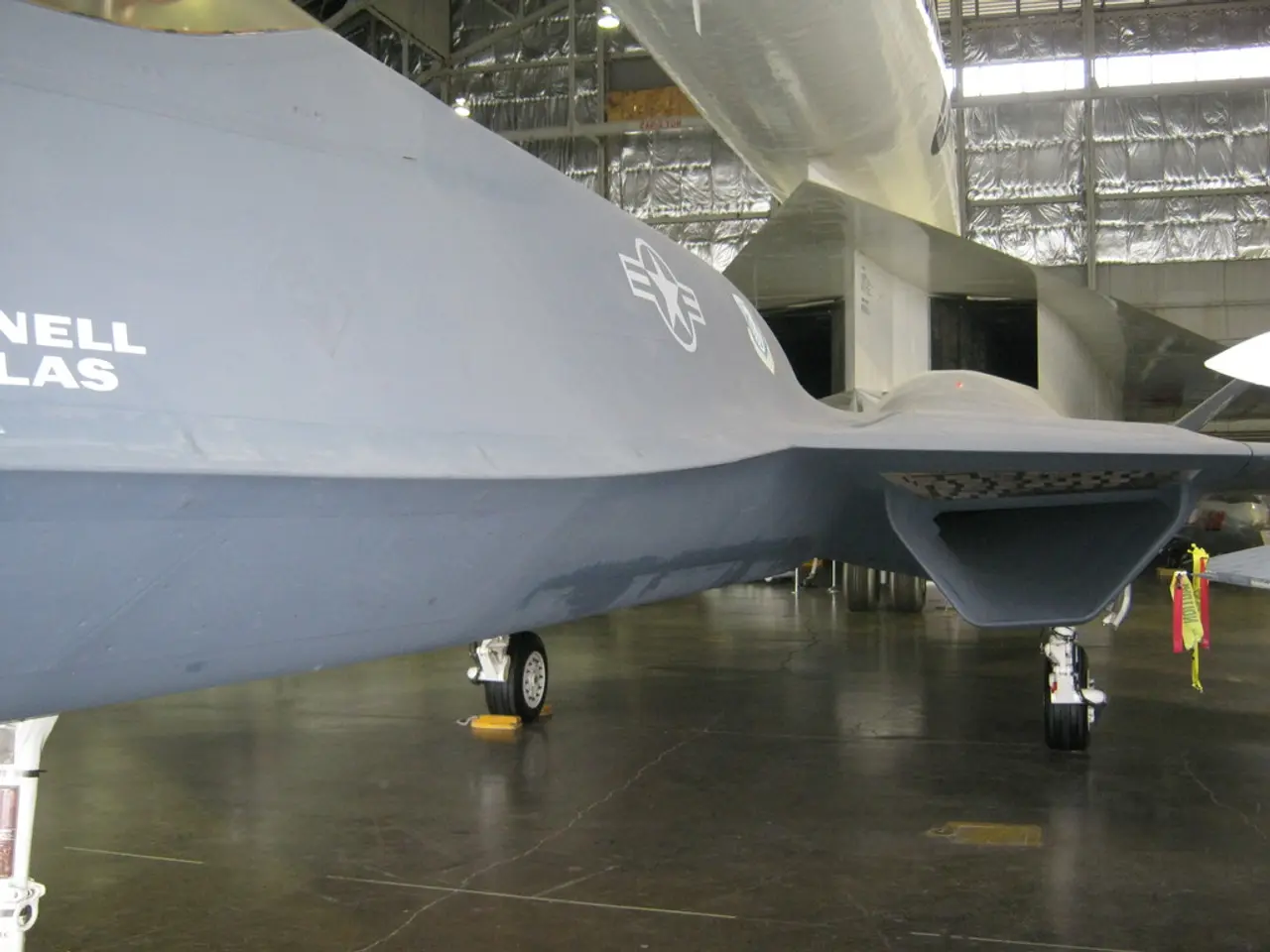AI Transforms Aviation's Future Horizons
A team of researchers, led by Madhur Behl, Ph.D., an associate professor at the University of Virginia, are working on a series of projects aimed at improving safety and mitigating risks for electric vertical take-off and landing (eVTOL) aircraft in urban environments.
The projects seek to address mission level risk, aircraft level risk, and airspace level risk, with a focus on adverse weather conditions, electric propulsion component faults or degradations, and threats from other non-cooperative aircraft. The researchers are developing tools for both offline and online verification to guarantee safety for AI and machine learning based avionic functions.
One of the key areas of expertise for the team lies in collision avoidance and conflict resolution, which is crucial in managing air traffic congestion. In a recent collaboration with Intelligent Automation, Inc., the team received a six-month NASA SBIR Phase I award to address this issue.
The focus of this collaboration is on enabling high arrival and departure rates at vertiports, which are major bottlenecks for eVTOL air traffic. The team is working to design a safety management system for electric autonomous aircraft, and the Smart City project integrates city-scale video intelligence for detecting attacks and multi-agent reinforcement planning for reacting to attacks and non-cooperative vehicles.
In addition to the NASA-funded project, the researcher has also received a two-year grant from the Federal Aviation Administration to focus on the design and implementation of a safety verification framework for learning-based aviation systems.
Furthermore, the researcher and his team are working on a one-year collaboration with the University of Virginia and George Mason University, funded by the Virginia Commonwealth Cyber Initiative (CCI), to address threats from autonomous vehicles due to emerging cyber attacks. They are working on using cameras to identify potentially abnormal car movements, including aggressive or intoxicated driving and hacked autonomous vehicles, and to predict this type of behavior to mitigate risk on the road.
As AI and machine learning become foundational to the future of technological innovation in air transportation and aviation, there is a growing need for a workforce focused on safety that can apply and develop these technologies. Elected officials, policymakers, and Federal Aviation Administration regulators will need to have sufficient knowledge to evaluate changing technology in the aviation industry.
The researcher's lab focuses on control, optimization, machine learning, and AI in air transportation and aviation. The ultimate goal is to minimize risks for eVTOL aircraft in urban environments and ensure safe, efficient, and reliable air transportation for all.
Read also:
- Understanding Hemorrhagic Gastroenteritis: Key Facts
- Trump's Policies: Tariffs, AI, Surveillance, and Possible Martial Law
- Expanded Community Health Involvement by CK Birla Hospitals, Jaipur, Maintained Through Consistent Outreach Programs Across Rajasthan
- Abdominal Fat Accumulation: Causes and Strategies for Reduction








